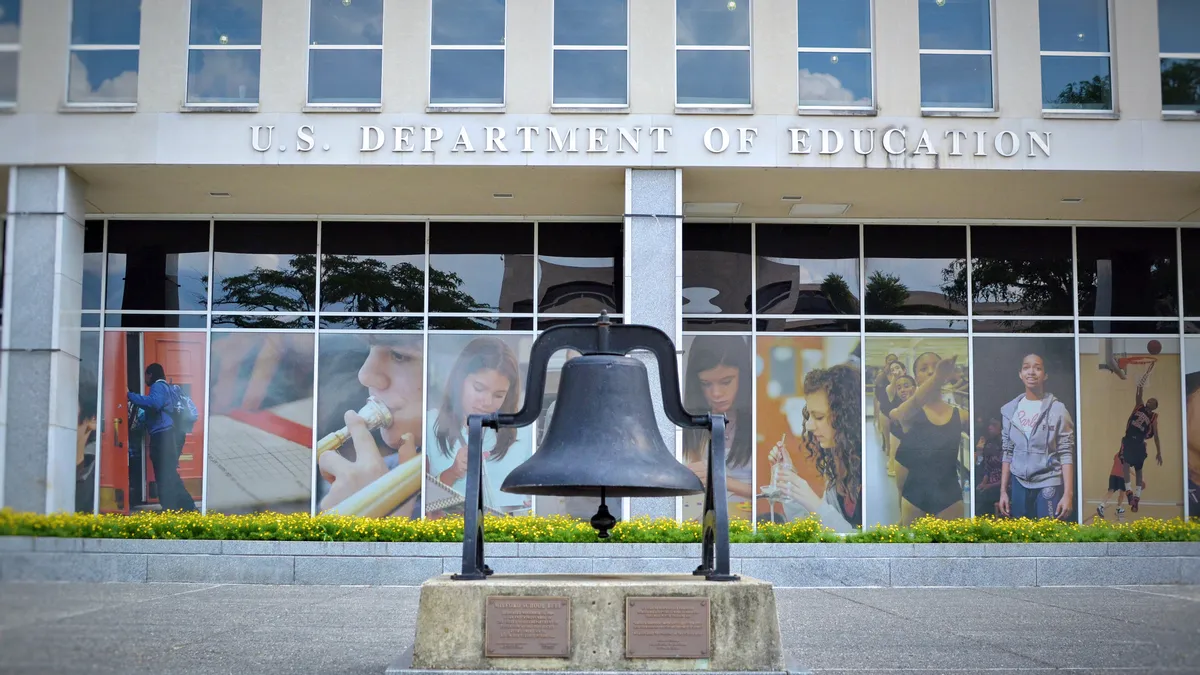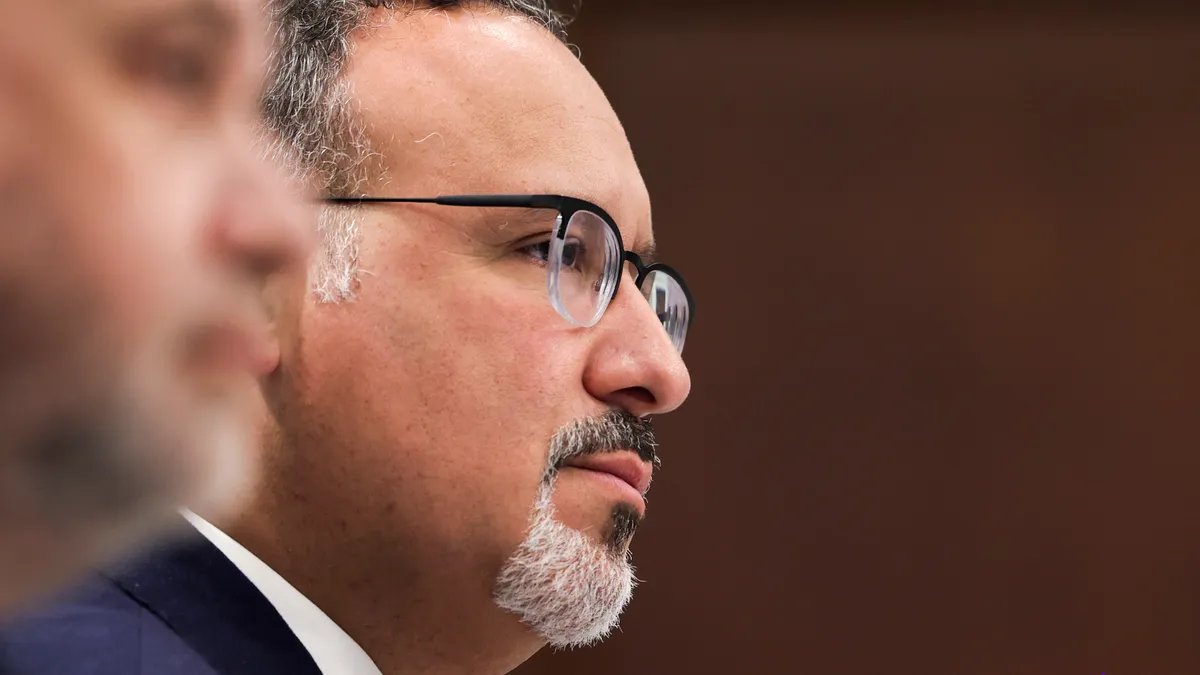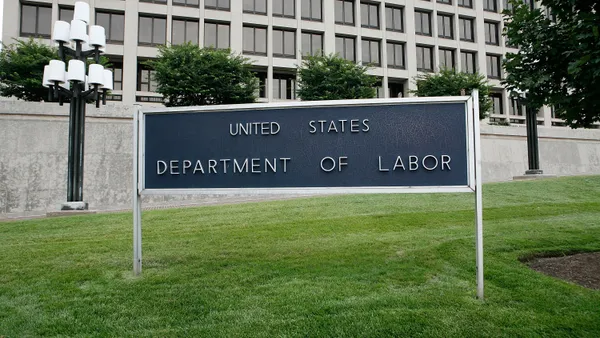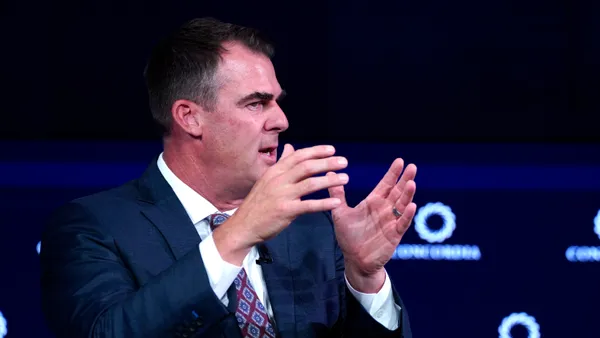Dive Brief:
- Five state universities in Pennsylvania will offer new degree programs through a streamlined review and approval process recommended by a consultant, hoping to help the campuses tackle enrollment and budget headaches, according to the Pittsburgh Post Gazette.
- The nine new programs range from an online doctoral program for school leaders to exercise science and conflict resolution degrees and more traditional degrees that are in demand such as civil engineering and accounting.
- A consultant hired to study the 14-college system had other recommendations, including sharing administrative duties among the campuses, some of which have seen declines in enrollment of from 30 to 50 percent. The state system has had seven years of enrollment declines and recently announced a $72 million shortfall.
Dive Insight:
Earlier this year a more dramatic redesign recommended by the Rand Corp. to Pennsylvania legislators suggested merging the campuses or placing them under the control of bigger state insitutions such as the University of Pittsburgh or Penn State University.
The debate comes as many colleges face the familiar problems of decreased enrollment from a demographic shift, competition online and elsewhere, high costs and high expectations from the shrinking pool of students for new campus features and programs. Some say enrollment is dropping because college value is being questioned, and attention to that can make institutions more accountable for the training they provide but also drive students away.
University professors at Princeton and Harvard universities, among others, have championed college education and criticized those questioning its value. Princeton President Christopher Eisgruber said in a commencement address Tuesday that graduates should become advocates for higher education because it offers a 15-percent return on investment, though the value is hard to measure while the costs are very clear.
“College graduates report higher levels of happiness and job satisfaction, even after controlling for income,” he told the graduates. “They are more likely to exercise, more likely to vote, and have higher levels of civic engagement. To these pragmatic considerations we should add the joys that come with an increased capacity to appreciate culture, the arts, the world’s diversity and the inherent beauty of extraordinary ideas.”
New Harvard President Larry Bacow said in an interview that many studies show that going to college provides secure employment and higher lifetime earnings, and noted that at highly selective students at places like Harvard often pay less than the listed tuition costs.
Institutions are also trying to improve their offerings to appeal to students looking for specialized programs or training that fits employer needs. Coding boot camps are increasingly popular.
The Workforce Data Quality Campaign and others hope to improve a pipeline of data about jobs that some say doesn’t reach college administrators, recommending federal action to make it more reliable.
A lack of information about college and careers also creates a disconnect, according to a recent Georgetown University report, which said that some states are trying to rectify that problem, suggesting they should promote better awareness earlier.
At the same time, some research shows that a popular narrative about higher education not preparing students for the jobs of the future is misguided.














